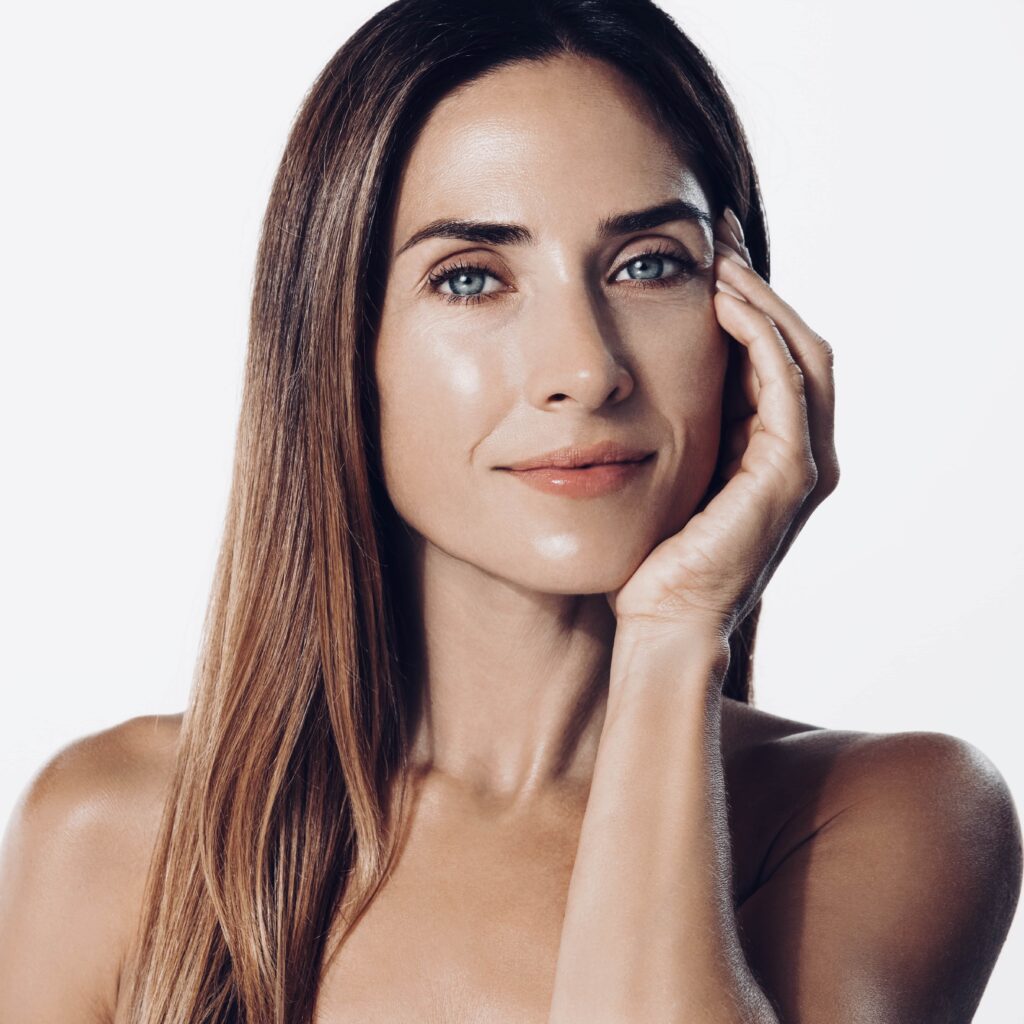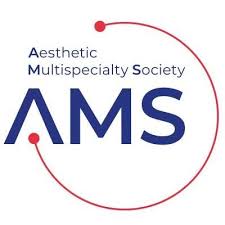
Healthy skin is not always easy to achieve; many women and men struggle with varying degrees of irregular skin tone and rough skin texture. A skin peel or chemical peel in Kelowna is designed to treat these concerns and it can be combined with other procedures for more comprehensive skin rejuvenation.
What Are Chemical Peels?
A skin peel or chemical peel is an exfoliating skincare treatment that can improve the appearance and texture of your skin. During treatment, a dermatological solution is applied to the skin, causing the outer older layers to peel off. This reveals the underlying layer of healthy, new skin cells. The outer layers of skin will peel or flake off gradually in the days following your treatment.
Skin solutions used in the skin peels contain different types of acids and different concentrations to customize the depth and intensity of your treatment. At Cerulean Medical Institute, our experience skincare experts offer three types of skin peels:
Superficial Chemical Peel
Superficial chemical peels or light peels target the outermost layer of skin (the epidermis). They typically use mild acids like glycolic acid, salicylic acid, alpha-hydroxy acids (AHAs), or beta-hydroxy acids (BHAs) at low concentrations. Superficial peels provide gentle exfoliation with minimal downtime and little to no peeling, making them suitable for addressing minor skin concerns. They can be performed every few weeks to refresh and maintain a healthy, radiant skin complexion.
Medium Chemical Peel
Medium-depth chemical peels penetrate the upper layers of the dermis or middle layer of skin. They often use trichloroacetic acid (TCA) or higher concentrations of glycolic acid to provide more significant exfoliation and skin resurfacing compared to superficial peels. They can treat moderate skin damage and signs of aging but require more downtime for healing, about 5-7 days of skin peeling. Medium peels are typically performed every 3-6 months.
Deep Chemical Peel
Deep chemical peels reach the lower dermal layers and provide the most significant results. They use strong agents like phenol or high-concentration TCA. By penetrating the deep layers of skin, these skin peels stimulate cell turnover and collagen production to address severe skin damage, deep wrinkles, and scars. Deep peels carry more risks and require longer healing time, which consists of peeling for 1-2 weeks. They are performed once every 1-3 years.
What Conditions Can Chemical Peels Treat?
Chemical peels can effectively address a wide range of skin concerns, including:
- Fine lines and wrinkles
- Uneven skin tone or dull complexion
- Sun damage and hyperpigmentation
- Acne and mild acne scars
- Enlarged pores
- Rough skin texture
- Mild skin laxity
The specific conditions that can be treated depend on the type of peel used. Deeper peels can address more severe concerns like scarring and moderate wrinkles, while superficial peels are better suited for improving skin complexion and general skin rejuvenation.
Combining Chemical Peels With Other Rejuvenation Treatments
Chemical peels can be combined with other cosmetic treatments to enhance your results and simultaneously address other skin concerns. Some effective combinations include:
Botox & Dermal Fillers
Injectable treatments like Botox and dermal fillers address fine lines and wrinkles like frown lines, crow’s feet, and perioral wrinkles, or deeper lines like nasolabial folds. Dermal fillers can also subtly recontour the face and address volume loss by using ingredients like hyaluronic acid to boost the skin’s structure and encourage collagen production. Combining chemical peels with injectable treatments can provide comprehensive facial rejuvenation to address signs of aging more effectively than peels alone. The skin peel improves skin quality and texture, while injectables address dynamic wrinkles and volume loss.
Microneedling
Microneedling is a minimally invasive treatment that uses tiny precision needles to create controlled micro-injuries in the skin; this stimulates collagen production and promotes cell turnover. Applying a skin peel a couple of weeks after microneedling, maximizes its effectiveness and results. This combination is particularly effective for treating acne scars and sun-damaged skin.
IPL Photorejuvenation
Intense pulsed light (IPL) treatments target pigmentation issues and vascular lesions. Prior to chemical peel treatments, IPL can treat cutaneous discoloration. This combination allows for brighter and more evenly toned skin along with textural improvements.
Is a Chemical Peel Right for You?
Chemical peels can benefit many skin types and concerns, but they are not suitable for everyone. Ideal candidates should be in good overall health without a history of abnormal scarring. Patients with darker skin tones or sensitive skin should avoid deep peels since they have a higher risk of post-inflammatory hyperpigmentation. At your initial consultation, Dr. Chetty will assess your skin and discuss your concerns to determine which type of chemical peels will provide the best results.
Skin Peels in Kelowna BC
If you are looking to restore healthier, brighter, and smoother skin, then call our Kelowna office on (778) 760-5050 to schedule your skin peel today, and take the next step towards healthy beautiful skin.






















